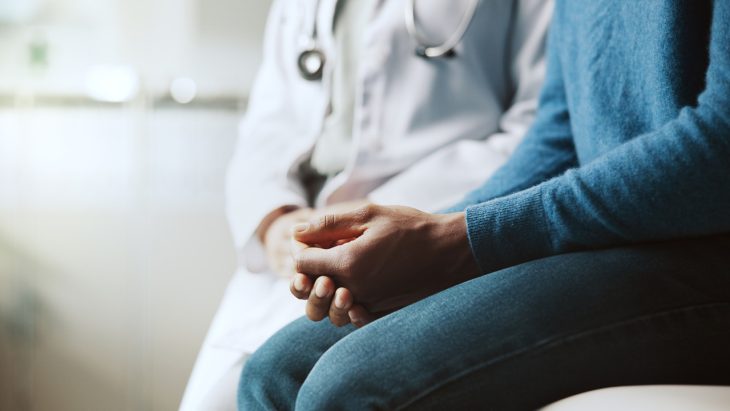New Study Exposes Gaps in Race and Addiction Treatment
Published: 07/3/2025

A new study has revealed significant gaps in race and addiction treatment access. According to researchers Black and Hispanic people are “significantly less likely” to be given two critical medications used in the treatment of opioid addiction.
The Inaccessibility of Proven Treatments
The data reveal that Hispanic and Black patients were up to 17% less likely than Caucasian patients to receive either naltrexone or buprenorphine within six months of a substance related health care event such as an addiction related infection or nonfatal overdose.
The study was published in JAMA Network Open and contributes to compelling evidence that the quality of addiction treatment Americans receive is heavily influenced by their race. This is the first study to examine the data from multiple players simultaneously.
The data tracks the receipt of medication across 176,000 substance use related events based on claims data from private commercial insurers, Medicaid programs and Medicare Advantage.
There are established and effective medications that reduce and curb the risk of overdose and fatal overdose. The paper’s lead author is Utsha Khatri who is an assistant professor at the Icahn School of Medicine at Mount Sinai in New York City. Khatri notes that the study shows “rising overdoses and rising overdose deaths in racial and ethnic minoritized communities, particularly Black Americans” and that’s attributable to the lack of access to these medications.
The study noted that patients using Medicare Advantage or Medicaid were much more likely to receive naltrexone or buprenorphine than those using commercial insurance.
One significant limitation of the study is its lack of data on patients using methadone which is known to be the most effective medication in the treatment of opioid use disorder (OUD).
Most doctors can prescribe naltrexone and buprenorphine and patients can pick them up at the majority of pharmacies whereas methadone comes with strict requirements that create barriers to treatment for those in marginalized communities.
Vivitrol is the long acting injection form of the generic naltrexone and is used to help curb opioid cravings for abstinent patients. Although data supporting Vivitrol’s effectiveness varies those in the criminal justice setting favor its use since it’s not an opioid unlike buprenorphine and methadone.
Ongoing Inequity in Race and Addiction Treatment
Racial disparities in addiction treatment still exist despite improved access to OUD medications. Tracie Gardner founder of the National Black Harm Reduction Network asserts that these disparities are due to many factors such as the disproportionate number of incarcerated Black people who lose access to care in prison, limited health services in communities of color and the inherent stigma of using medications for the treatment of addiction.
Further adding to the problem is the hostility in some 12 step programs toward those using medications for addiction recovery.
The study’s authors champion the integration of addiction care, “culturally sensitive care and standardized OUD screening” and medication prescribing across the entire healthcare system beyond traditional addiction treatment providers.
Medicaid currently covers all approved OUD medications as well as coordinated care models. The study’s authors emphasize that this should be the focus of all programs and Medicaid should include all eligible individuals, instead of the current proposals to cut this social safety net.
The overdose death rate has dropped, but Khatri admonishes that not everyone has benefited equally and that cuts to the system will risk reversing recent gains. Khatri emphasized that we must continue to ensure that communities that have been historically criminalized for substance use and those that have been left out aren’t left behind in the rush to cut funding to these important programs.
If you or someone you love is struggling with addiction, help is available. Use our database to explore detox centers near you, it may be the most important decision you’ll ever make. Or call 800-996-6135 today.


